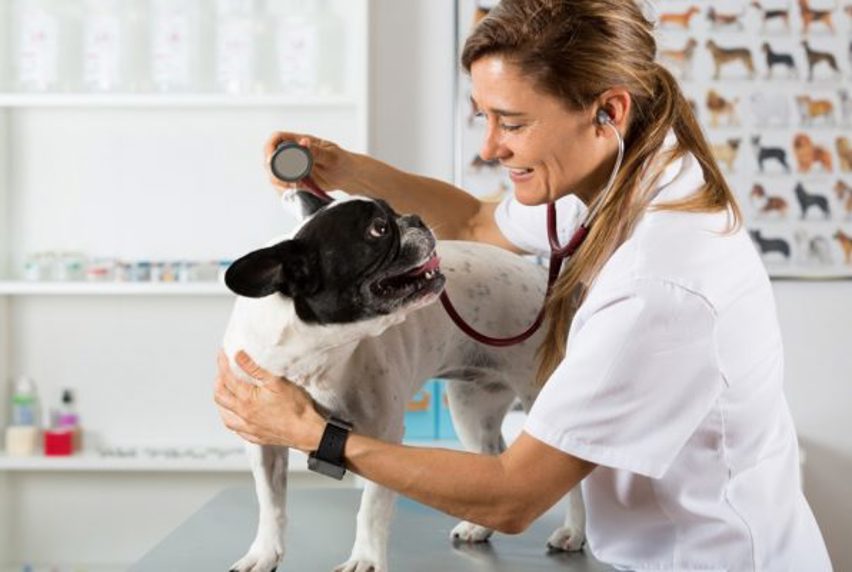So you Want To Be A Veterinary Nurse?

When it comes to our sick pets, who you gonna call? The Veterinary Nurse, that's who.
When we get sick, what is the first thing we do?
We tell someone. Whether you let your family know you have a headache to ringing emergency services in extreme cases, one of the biggest factors in seeking help and getting well is verbal communication. When it comes to our pets, you need to get your friendly veterinary nurse on the line pronto.
Imagine having a throbbing ache, feeling nauseous or a hidden fracture and not being able to tell anyone about it. This is what our furry and feathered friends go through every day; the only way to tell is when pets hide away to heal, screech and yelp or more obvious signs of physical distress such as wounds. As pet owners, we are able to sense the change in behaviour of a poorly pet and it is up to us to communicate with the Vet.
The first person you will come into contact with at the Veterinary Surgery is the Veterinary Nurse. Vet Nurses are fully trained in triage – establishing a cause and assessing the seriousness of your pets condition before they go into see the doctor. But it’s not all doom and gloom, Vet Nurses also offer advice to clients of the furry kind on:
- animal nutrition
- hygiene
- flea treatments
- behavioural issues
Many veterinary clinics also operate as adoption centres and when the weekend comes, Vet Nurses get to take home and care for a menagerie of creatures – cats one weekend, lizards and rabbits the next. Not many other industries will provide you with a career that comes with your own temporary personal zoo!
What to expect in your career as a Veterinary Nurse
Veterinary Nurses also need to be empathetic and caring to pet owners also who may be experiencing the loss of a beloved pet. As a Veterinary Nurse, your love of all creatures great and small is essential to succeed in this industry, from the biggest dog to the smallest mouse but this doesn’t mean you will have no human interaction – almost all animals will be brought into the clinic by owners or members of the public and you will be their first interaction. Like most professional careers, there is an element of administrative duties that Vet Nurses carry out such as:
- clinic finances
- patient admissions
- medicinal stock control
- record management.
These tasks all assist in ensuring our little friends get the quality care they need to have a happy life.
Quality and professional training for your career as a Veterinary Nurse
Melbourne Polytechnics’s Veterinary Nursing courses are designed by veterinary and educational experts, combining on-campus workshops, study sessions and work-based training, ensuring flexibility throughout the duration of your course.
Melbourne Polytechnic’ has taken a step forward to ensure that you are provided with quality training and education. Our “quality over quantity” vision enables us to offer you professional support which is lead by our fully qualified and experienced staff.
If you believe that you a career as a Veterinary Nurse is right for you or any areas of study that look after animals, find out about our courses here.